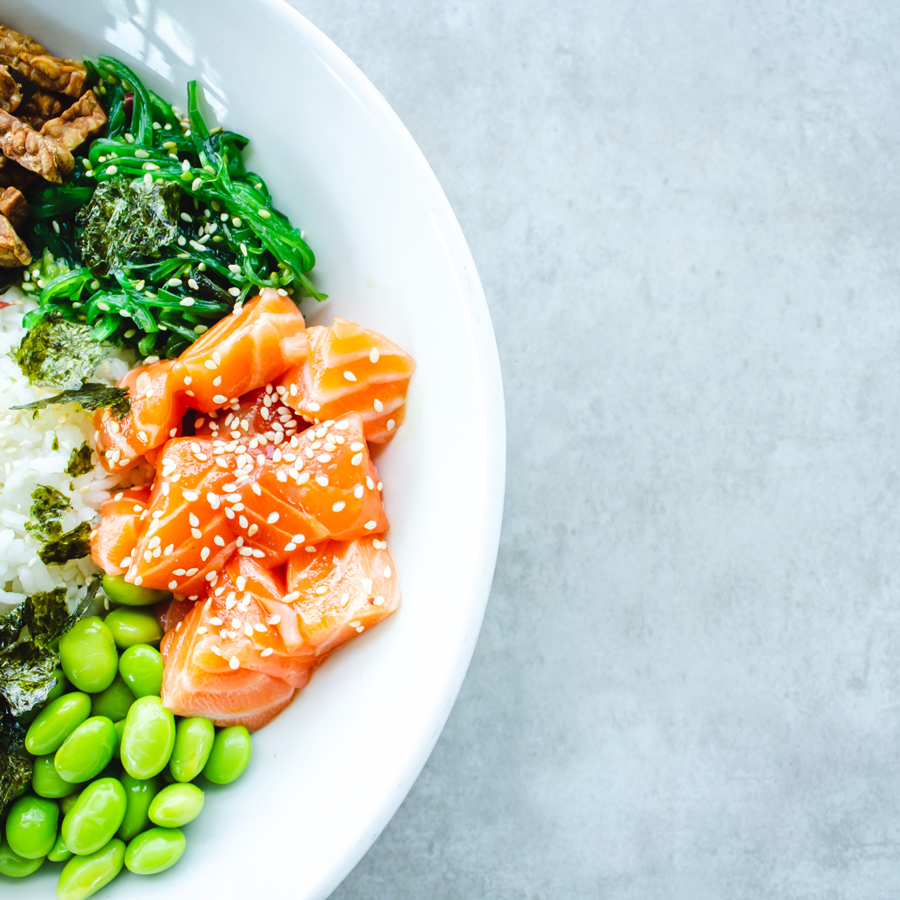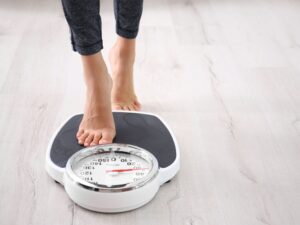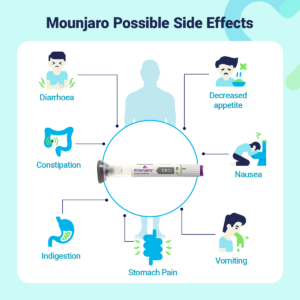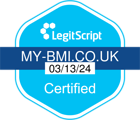The ketogenic diet (or keto, for short), is a diet plan that’s gained popularity in the last few years.
Especially with the rise of celebrities promoting it for weight loss and claiming that it has various other health benefits.
However, the keto diet isn’t new. It actually originated as a form of medical therapy to treat various types of epilepsy in children that didn’t respond to drug therapy.
The ketogenic diet focuses on a very low-carb and high-fat diet and is sometimes compared to the Atkins diet or other low-carbohydrate plans.
Essentially, the ketogenic diet forces your body into the metabolic state of ketosis.
This means that your body has to find other sources of fuel other than carbohydrates.
By replacing a lot of the carbohydrates in your diet with fat, the body starts using it for fuel instead of glucose that comes from carbohydrates.

Many people have attributed their successful weight loss to following the keto diet but is it really as good as it seems, and it is a suitable plan for you to try?
Is the ketogenic diet safe?
Many people do follow a ketogenic diet for a while without any problems.
After all, it is meant to be used to support treatment for epilepsy in children and adults under medical supervision, so it wouldn’t be recommended for that if it wasn’t safe.
However, whether something is safe and whether something is sustainable are two different matters.
Whilst you won’t keel over if you don’t eat the recommended amount of carbohydrates, it’s not a great idea to drastically limit your intake of any food group.
This is especially true for carbohydrates. As humans, this is where most of our energy should come from.
If you’re following the ketogenic diet under the advice and guidance of a nutritionist, then you probably don’t have to worry too much.
However, following a keto plan without seeking expert advice on the subject could be dangerous.
Not to mention the fact that if you don’t stick to the plan, your body will struggle to enter ketosis and your efforts may be for nothing.
If you’re considering starting the ketogenic diet for whatever reason, we would recommend that you speak to a dietitian or nutritionist first for more advice.
It might not be a suitable or necessary step for you to take.
Keto for weight loss
Whilst it’s true that ketogenic diets can help some people to lose weight, it isn’t the only way to make weight loss happen. For most people, it shouldn’t really matter whether or not you follow a specific diet plan, as long as you’re consuming fewer calories than you burn.
So before you head to the keto forums to prepare yourself for a lifestyle of low carbs, it might be worth weighing and measuring the food that you currently eat to make sure that your portion sizes aren’t too big. This might be all you need in order to kick start your weight loss without having to ditch most carbohydrates.
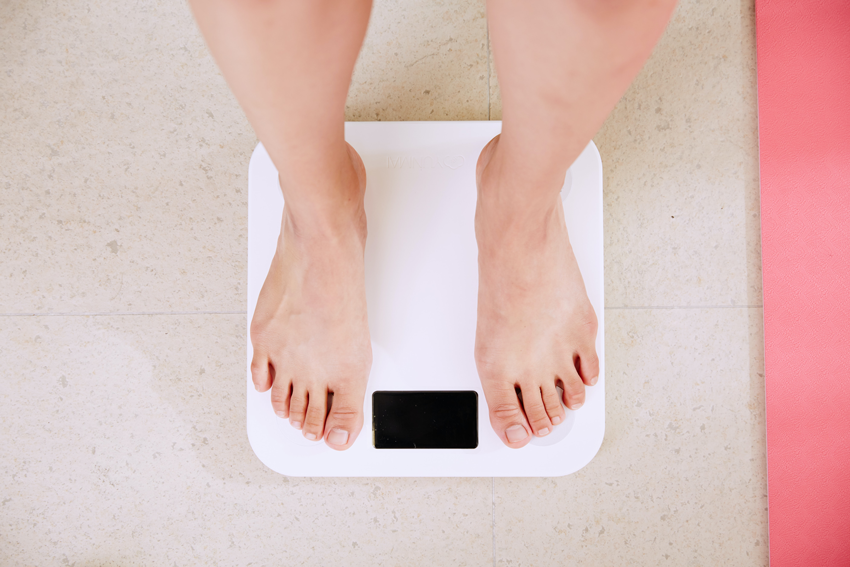
In addition to this, many diets and healthy lifestyle changes recommend eating more fruits and vegetables as part of a balanced diet.
With the ketogenic diet, many fruits and vegetables are restricted due to the number of carbohydrates that they contain.
Because of this, keto diets can actually be fairly high in saturated fat and low in fibre.
This is the opposite of what we want to achieve long term for healthy and sustainable weight loss.
How does the keto diet work?
The idea behind the ketogenic diet is that it forces your body to make ketones for energy. Ketones are made up of fat that’s already stored in your body.
The theory is that your body will use that fat that’s already there as energy instead of glucose which we get from carbohydrates.
To achieve this, you need to be getting no more than 5-10% of your daily energy from carbohydrates and replacing the rest with fat.
Whilst it sounds counterproductive to eat more fat to lose weight, it’s necessary on the ketogenic diet for the body to get enough calories to survive without causing muscle wastage.
What is ketosis?
The ketogenic diet is supposed to help with weight loss by drastically reducing your intake of carbohydrates and replacing the body’s main source of fuel with fat.
Because of this, the body is forced into a state of ketosis, where the body uses ketone bodies as its main source of energy.
Ketone bodies are made by the liver from stored fat (hence why the keto diet requires a lot of fat).
To enter ketosis, you must be eating a very small amount of carbohydrates – no more than 50g a day (as a guide, the recommended daily amount of carbohydrates for an adult is 260g).
Any more than this and the body will continue to use it as its main source of fuel.
To make sure that you’re in ketosis, many people following the diet use urine test strips to check for ketones in their urine.
This tells you whether or not your body is in a state of ketosis and if it’s using fat for fuel instead of carbohydrates.
How many carbs can you have on keto?
Most keto diet plans recommend eating no more than 50g of carbohydrates per day.
As a reference point, one 100g baked potato can contain 21g of carbohydrates.
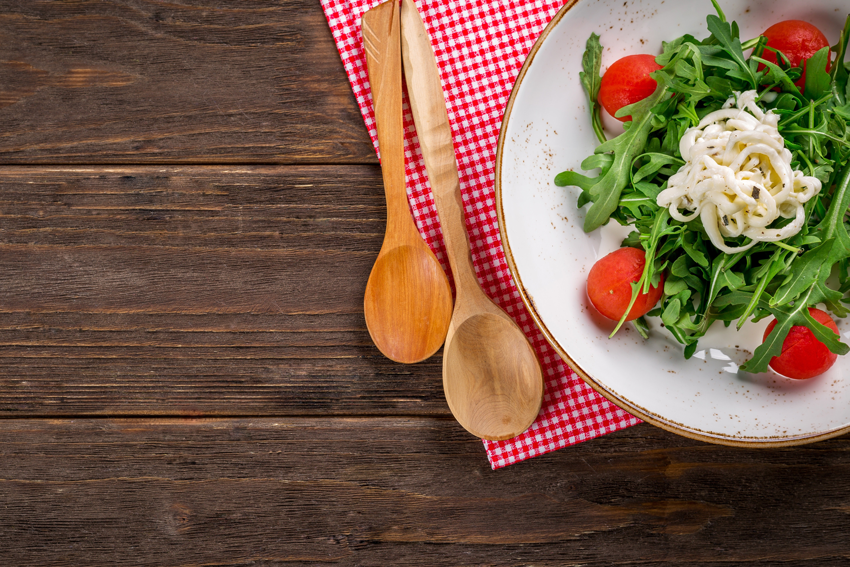
Due to the fact that ketogenic diets dramatically restrict carbohydrate intake, it can be a difficult plan to stick to.
So many foods that we eat contain carbohydrates, including plant-based foods that are incredibly healthy for us, such as fruits and vegetables.
The low carbohydrate allowance means that it might not be possible to eat as many fruits and vegetables as recommended.
Because of this, the ketogenic diet isn’t a sustainable plan for long-term weight loss, and should only really be followed under the supervision of an experienced dietician.
Keto diet side effects
When you first start following a keto plan, you might notice that you feel ill for a few days, as if you’re coming down with a cold.
This is commonly known as the “keto flu” which can leave people feeling under the weather, with symptoms such as:
- Nausea
- Vomiting
- Headache
- Tiredness
- Fatigue
- Dizziness
- Constipation
- Diarrhoea
- Muscle cramps
- General weakness
The good news is that these symptoms generally tend to go away after a few days of your body being in ketosis, so it seems to just be your body getting used to the fact that it’s not getting its fuel from carbohydrates anymore.



